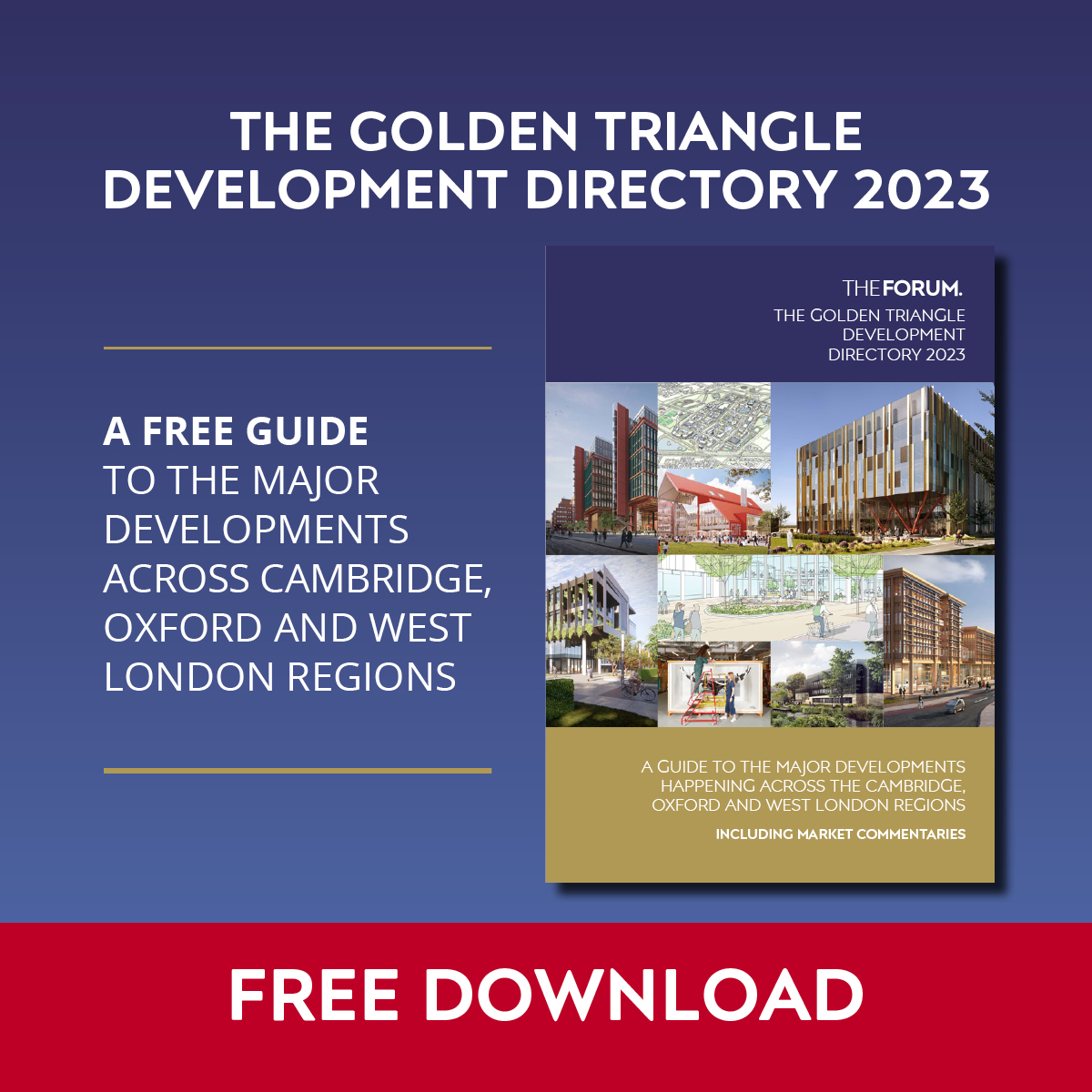Oxfordshire resident and Thames Tap consultant Hugh Blaza has been following the story of the city’s traffic filters for many years. And, when push came to shove on Tuesday as the county council approved them, he was one of the keenest observers. He argues that there might be a better way.
Anybody who has sat in a traffic jam in Oxford, fuming (in every sense), must have thought there should be a better way.
Anybody who has been on a bus, trying to get to a meeting or appointment on time, must have wondered why their journey is taking so much longer than scheduled.
And the reason, of course, is very straightforward. The combination of the independence we enjoy through owning and driving our cars and the inherent nature of Oxford’s arterial roads and its mediaeval streets means the city is simply incapable of accommodating a moving flow of traffic when most people are wanting to make their journeys. Congestion reigns. Pollution fills the air.
The first solution devised to address the issue was the closure, many years ago, of the High Street to most traffic, ignoring which would result in a hefty fine.
More recently, the swingeing increases in on-street parking tariffs have either deterred people from coming into the city or driven them to risk paying for one hour instead of two and hoping the traffic warden wouldn’t come by at the wrong time.
Now, as widely reported, the county council has decided on the nuclear option. Following the November 29 vote, an experiment will shortly be implemented to discourage, again on pain of a hefty fine for disobedience, almost all traffic from travelling into and through the city centre, essentially by closing off most of the main routes in.
The desired outcome is, according to the council, to ‘reduce traffic, make bus journeys faster and make walking and cycling safer’.
For completeness, I should mention the already introduced closure to through traffic of many side streets, joining the main roads into and out of the city by LTNs (Low Traffic Neighbourhoods).
So how has all of this been received? With open arms at the prospect of a car-free city centre? With the anticipated pleasure of hopping onto a comprehensive, efficient bus service to enable us to get from A to B? With joy at the prospect of breathing clean, fresh air as we walk and cycle around the city centre?
Not a bit of it.
The bollards installed to enforce the LTNs have been extensively vandalised. Traffic congestion in the roads we are allowed to pass along has increased significantly. The traffic filters proposal gathered almost no support from those responding to the council’s initial public consultation.
Business groups are so incensed, not only at the damaging effect they anticipate the measures will have on their businesses but also at what they say is the failure by the council to procure essential impact assessments, that they have requested a judicial review to determine whether the decision is unlawful and should be set aside.
Opinions are like noses, they say: everybody has one. So, for what it’s worth, here’s mine. I live in a village, six miles from the city centre. Like many, I enjoy coming into Oxford, which I do at least weekly, albeit rarely during the rush hour.
Unless there are road works, I usually get in and out without any significant delay. I have resigned myself to the increased cost of parking and it’s rare that I can’t find a space to do so, leaving me a brief walk from my car to the shops and other places I want to visit.
I collect food, wine, and other items from shops en route, enjoying the freedom and flexibility (not to mention carrying capacity) which only a car can provide.
But I detest the traffic jams (see above). So, here’s an idea. Outside peak times, why not allow the freedom of access to and from the city. It works now so why shouldn’t it continue to do so?
During peak hours, either stop private vehicles from entering the city or charge them a significant amount for doing so. Provide an affordable public transport solution from the ring road throughout the day, with increased services at peak times.
It seems so simple. I guess I must be missing something. Do please tell me what!
© Thames Tap (powered by ukpropertyforums.com).
Sign up to receive your free weekly Thames Tap journal here.

















